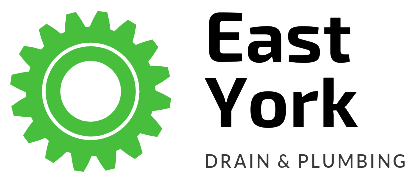
Clean, safe, and great-tasting water is essential for your health and well-being. While many municipal water supplies meet safety standards, you may still want to take extra measures to ensure the highest quality water for your family. Choosing the best water filtration system for your home is a significant decision, and in this guide, we’ll walk you through the various options, helping you make an informed choice to meet your specific needs.
Understanding Water Filtration:
Before delving into the types of filtration systems, let’s briefly explore how they work. Water filtration systems are designed to remove impurities, contaminants, and unwanted substances from your water supply. The specific method of filtration can vary, and it’s essential to understand your water quality and what you want to target before selecting a system.
Types of Water Filtration Systems:
Activated Carbon Filters:
Activated carbon filters, also known as charcoal filters, are excellent for removing chlorine, bad odors, and bad tastes from tap water. They work by adsorbing contaminants onto the carbon surface. They are often used in pitcher filters, faucet attachments, and whole-house systems.
Reverse Osmosis (RO) Systems:
RO systems use a semi-permeable membrane to remove a wide range of contaminants, including heavy metals, bacteria, viruses, and dissolved solids. They are highly effective but can be slower and may generate wastewater.
Ultraviolet (UV) Purifiers:
UV purifiers use ultraviolet light to disinfect water by killing harmful microorganisms like bacteria, viruses, and cysts. While they don’t remove particulate matter or chemicals, they are excellent for purifying water from potential biological threats.
Water Softeners:
Water softeners are specifically designed to address hard water issues caused by high levels of minerals like calcium and magnesium. They replace these minerals with sodium or potassium ions, preventing scale buildup in pipes and appliances.
Whole-House Filtration Systems:
Whole-house filtration systems are installed at the point of entry for your home’s water supply. They provide comprehensive water treatment, including sediment removal, chlorine reduction, and the removal of specific contaminants based on your needs.
Choosing the Right Filtration System:
To determine the best water filtration system for your home, consider the following factors:
Water Quality: Start by getting your water tested to identify specific contaminants or issues. This will help you choose a filtration system tailored to your water’s unique composition.
Budget: Determine how much you’re willing to invest in a water filtration system. Prices can vary significantly depending on the type and complexity of the system.
Maintenance: Consider the maintenance requirements of the system you choose. Some systems require regular filter changes, while others need periodic cleaning or servicing.
Flow Rate: If you need a filtration system for the entire house, ensure it can provide a sufficient flow rate to meet your household’s demands.
Space: Consider the available space for installation. Some systems, like RO systems, may require more space than others.
Environmental Impact: Think about the environmental impact of your choice. Some systems, like RO, can generate wastewater, while others are more eco-friendly.
Selecting the best water filtration system for your home is a critical decision that can significantly impact your family’s health and comfort. By understanding your water quality, budget, maintenance preferences, and specific needs, you can make an informed choice that ensures access to clean, safe, and great-tasting water throughout your home. Don’t hesitate to consult with water treatment professionals or plumbers for expert guidance and recommendations tailored to your situation.
